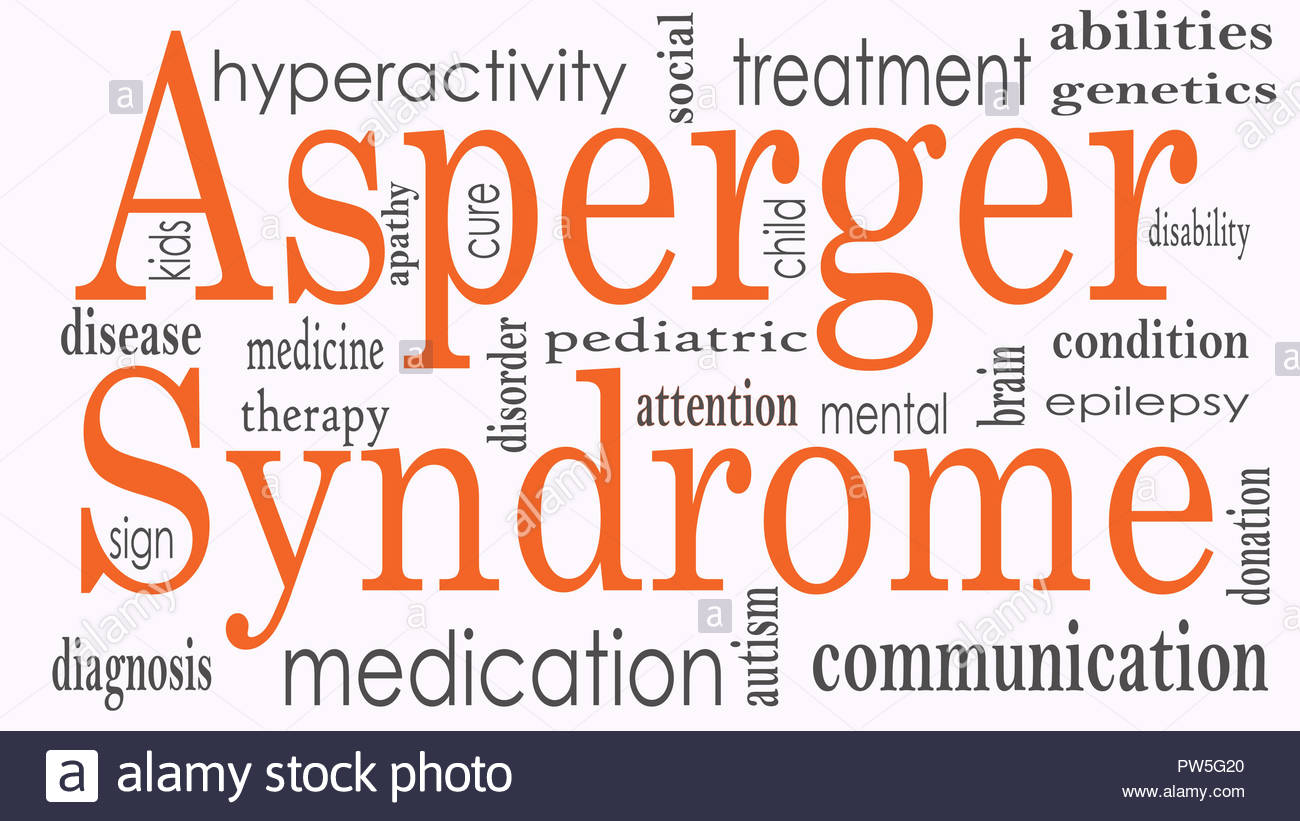Asperger’s syndrome or Asperger’s is a disorder in which people with Asperger’s syndrome have impairment of social skills, behaviour and communication.
People with Asperger’s syndrome see, hear and feel the world in ways different to other people. Asperger’s syndrome is now part of a group of disorders called Autism Spectrum Disorders.
However, Asperger’s syndrome is milder than other forms of Autism Spectrum Disorders as people with Asperger’s syndrome have normal language and average or above-average intelligence.
According to the World Health Organisation, around 30 million people worldwide have Asperger’s syndrome. It appears to be more common in men than women. The disease is named after the man who described it, an Austrian paediatrician named Hans Asperger.
What Causes Asperger’s syndrome?
A cause for this syndrome is unknown. Several factors are thought to play a role in the development of this condition. The presence of these factors (called risk factors) does not necessarily mean that the condition will develop. They, however, increase the possibility of the development of the disease.
These factors may include the following:
1.Genetics
2.Environmental
It is important to note that social upbringing, circumstances, early education and vaccines do not cause Asperger’s syndrome.
What Features Do People With Asperger’s Syndrome Have?
People with Asperger’s syndrome often have a pattern of symptoms but these symptoms differ from person to person. These symptoms generally impair them from having quality social interactions, causing them to exhibit stereotyped and repetitive behaviour and interests. They may also have:
Difficulty establishing or making friends
Difficulty with social interactions and behaviour. They may appear strange or insensitive to others.
Difficulty with reciprocating social or emotional interests
Difficulty with developing shared joy or achievements
Difficulty in understanding non-verbal cues like eye contact, facial expression or gestures
Difficulty in understanding changes in tone of voice, sarcasm, irony or jokes and vague or abstract descriptions.
Social withdrawal or disinterest
Uncoordinated movement or clumsiness
Anxiety or depression
Increased sensitivity to light
Repetitive behaviours or activity such as lining up objects to form patterns or sticking to a routine way of carrying out their daily activities
Highly focused interests in specific and restricted areas such as collecting data about camera types without any interests in photography or in collecting pens with no interest in using them.
Great attention to detail and the ability to recognise patterns
Great focus and persistence
Stereotyped and repetitive movements such as hand flapping
Abnormalities with speech such as miscomprehension or abrupt transitions in intonation and rhythm of speech but there is no delay in speech
How Is Asperger’s Syndrome Diagnosed?
For people with Asperger’s syndrome, diagnosis is commonly made when they are between the ages of four and eleven. Diagnosis often takes place across different settings (at home, at the clinic or at play) with multiple medical professionals such as a paediatrician, a speech therapist and a psychiatrist involved.
There is no single test to test if one has Asperger’s syndrome. Instead, several tests are carried out to examine their speech, communication and social skills. A diagnosis is the first step in helping people with Asperger’s syndrome get the help they need.
How Can Asperger’s Syndrome Be Treated?
There is no single treatment method or a cure for Asperger’s syndrome. A combination of methods – usually speech therapy, social skills training, physical therapy or behavioural therapy, are employed to help improve communication, reduce obsessive or repetitive routine, improve social skills by teaching them these skills.
Generally, the earlier therapy begins, the better the outcome. Medications may also be provided to address associated problems such as anxiety or low mood. Parents are often trained to help with physical clumsiness and physical therapy.
While some children may function well, others need special schools because of their social and behavioural difficulties. A certain percentage of children with Asperger’s syndrome have diminished symptoms as they grow into adults but Asperger’s syndrome is lifelong and continues till the end of life.
Source: Guardian Newspaper




